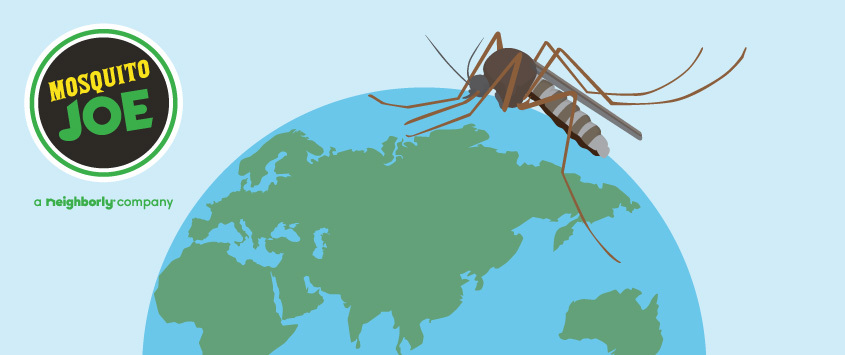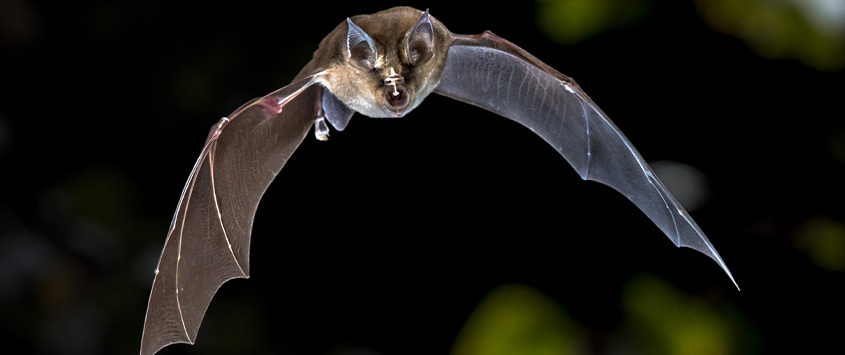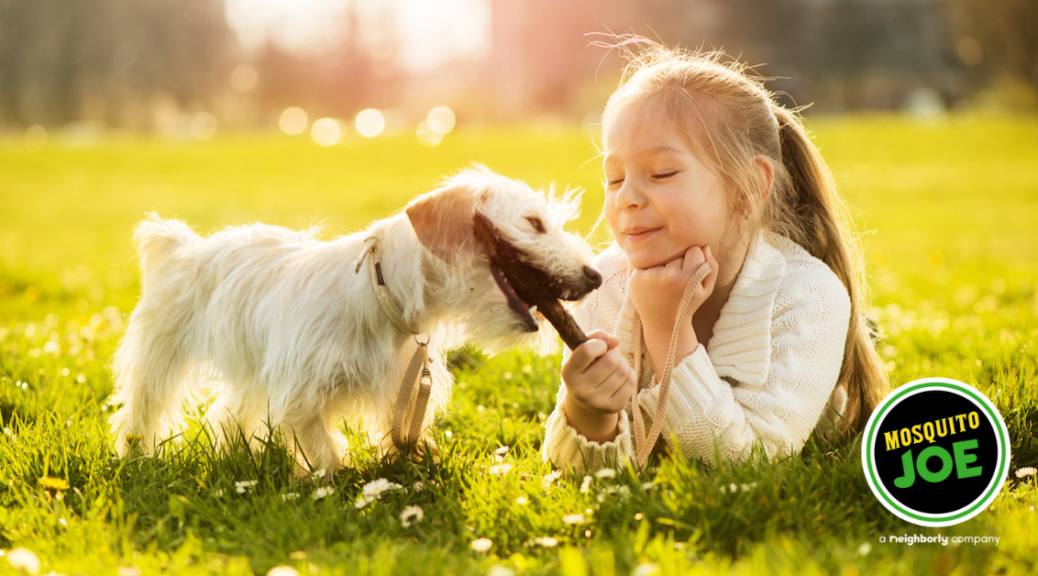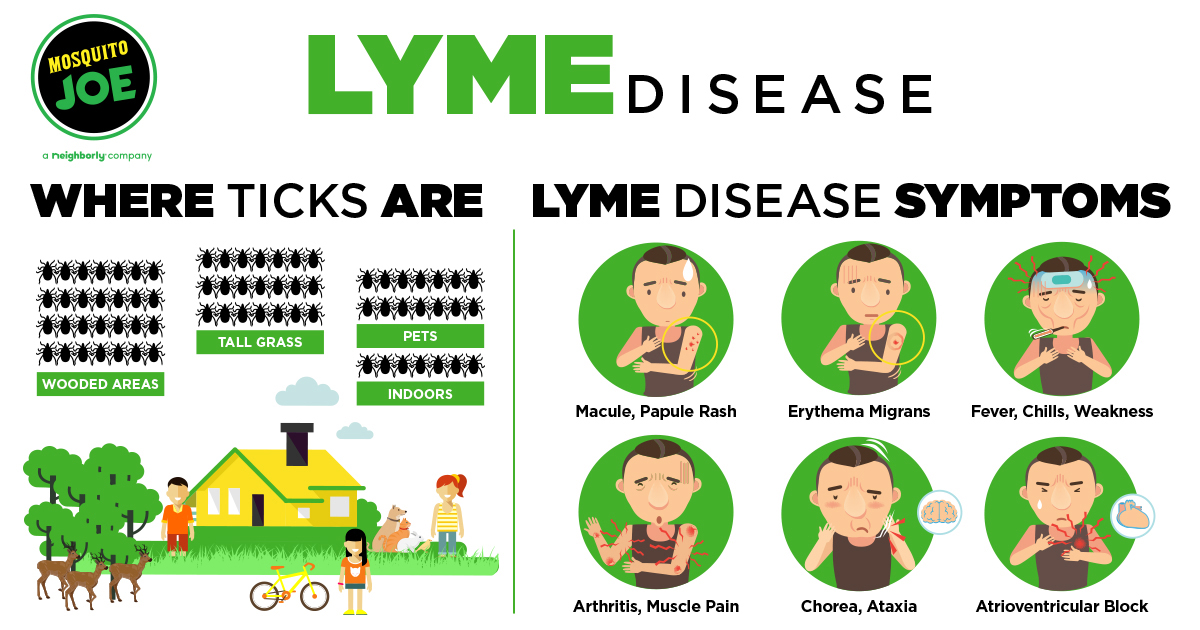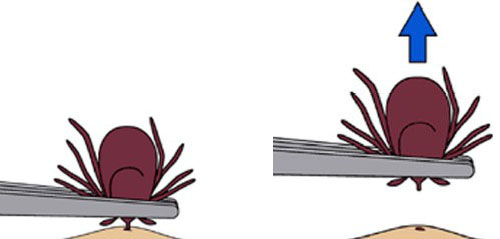The Life Cycle of Mosquitoes in Winter
Have you ever wondered what happens to mosquitoes in the winter? Well, despite the rumors, they don’t all vacation in Florida during the coldest months of the year. Since these tiny creatures are cold-blooded and most active when temperatures are around 80 degrees Fahrenheit, they become lethargic when temps drop to 60 degrees Fahrenheit. At 50 degrees Fahrenheit or below, mosquitoes cannot function. So, if they’re not heading south, do mosquitoes die in the winter? Some do, but not all, which raises questions like how do mosquitoes survive the winter and where do mosquitoes go during winter? The answers depend on the complexity of the mosquito life cycle and how it adapts to winter weather.
So, why is any of this important? Well, understanding what happens to mosquitoes in winter can actually help protect you and your family from itchy mosquito bites and the diseases they transmit all year long. Sure, we have a thing for bugs, but scientists, professional pest control experts, and residents can all benefit from understanding our pesky, bloodsucking foe, the mosquito. If we’ve piqued your interest, read on to learn what happens to mosquitoes in the wintertime.
Understanding the Mosquito Life Cycle
A mosquito’s life cycle has four stages: egg, larva, pupa, and adult. Every stage of the mosquito’s life is integral to providing an ongoing population of mosquitoes. Mosquito control efforts seek to break this life cycle while scientists try to exploit it to defeat these disease-carrying pests. Although the mosquito life cycle always progresses through all four stages, each stage varies greatly in length, depending upon the ambient temperatures of its surroundings.
How Temperature Affects the Life Cycle of Mosquitoes
Because mosquitoes are most active in warm weather (they like it hot), their life cycle completes most quickly in the spring and summer months. Many species move from egg to biting adult in just 14 days at 70 degrees Fahrenheit. A temperature increase of 10 degrees (to 80 degrees Fahrenheit) shortens this cycle to just 10 days. It is not just the speed of the life cycle that is affected by temperature, but also the quality and success. Higher temperatures within the mosquito’s comfort range produce more eggs that hatch into larger larvae that grow into bigger adults (yikes!). But wait! There’s more. Most discouraging, studies find that mosquitoes born and raised in warmer temperatures are also more resistant to certain insecticides. Not great news for those of us who enjoy spending summer days outdoors.
However, when the temperatures drop, many mosquito species enter a state of extreme torpor, like hibernation. This is why many people ask, “do mosquitoes die in the winter?” Although it may seem like they have disappeared forever, rumors of their death are greatly exaggerated. What happens to mosquitoes in the winter is not the end for many buzzing biters, but rather, I’ll catch up with you at the summer BBQ.
In reality, they are indulging in their version of hibernation. This mosquito “dormancy” is called diapause. Diapause enables mosquitoes and the diseases they carry to survive the winter (how did we get so lucky). Some mosquito species enter diapause as adults. The adult females mate in the fall; then, they look for animal burrows or hollow logs to survive the cold winter in a diapause state. Other species lay winter-hardy eggs that can survive freezing temperatures to hatch in the spring (more on this below).
Mosquito Eggs in Winter
As mentioned, certain mosquito species, like those in the genus Aedes, lay winter-hardy eggs that can survive sub-freezing temperatures. These winter-proof mosquito eggs do not die in winter because they have a natural antifreeze that keeps them from freezing completely. They are typically submerged under the ice, where they remain dormant for months until warmer spring weather returns. When the weather warms, it triggers the hatching, and these hungry larvae emerge ready to create havoc for man and beast.
Mosquito Larvae in Winter
Winter-hardy mosquito eggs are one-way mosquitoes remain in diapause until the weather warms. But some mosquito varieties also produce winter-hardy larvae that can slow their metabolism and remain dormant for winter. Active mosquito larvae typically feed on bacteria, microorganisms, and detritus in the water they inhabit. But those in diapause fast until they awaken in spring, which means they are going to emerge hungry and ready to feed.
Mosquito Pupae in Winter
At every stage of their life cycle, mosquitoes are highly sensitive to temperature. Adult females alter the time of their egg-laying based on warming and cooling temps. Winter-hardy eggs and larvae do not develop further while in diapause. Now for some good news. Mosquito pupae cannot survive freezing temperatures, so the other stages adjust their timing to avoid pupating during winter.
Mosquito Adults in Winter
Okay, it’s true. Some (not all) mosquitoes do spend their winter in places like Florida and Arizona. For those adults evolved to survive winter in colder climates, they enter diapause and shut down their metabolism to wait out the cold. Adult females can survive for months in this state, snug in warm animal burrows or protected in hollow logs or similar shelters. This is how mosquitoes survive winter if they don’t head south or west to avoid the cold.
Once the warmer weather of spring arrives, the cold-hardy eggs hatch and dormant adults wake up to feed and breed. This is about all they do during this period. It’s all about survival and making up for lost time at this point. This is why it’s so important to take a proactive approach to mosquito control around your property before the warm weather arrives.
How To Control Mosquitoes in Winter
Although mosquitoes aren’t active in winter, mosquito control can be valuable in the colder months. Eliminating dormant eggs and larvae or killing fertilized adult females in diapause can give you a jump on controlling the biting population in spring and summer. You can see to it that your mosquitoes do not survive the winter. This is the time to begin yard care routines that will interrupt the mosquito life cycle.
Knowing where mosquitoes are likely to spend the winter months hibernating will make it easier to reduce their numbers come spring. Dormant adult female mosquitoes hide in piled leaves, animal burrows, garbage, yard debris, fallen logs, stacked firewood, and tree trunks. So, keep your yard cleaned up and freer of debris to deny them shelter or destroy the slumbering biters. Also, clear all locations on your property that collect and hold standing water. An adult female mosquito can lay 100-200 eggs in just a bottle cap of water! Empty catch trays and wheelbarrows, clear the gutters and eliminate all places where melting snow and ice collect. Continue this throughout the winter to dispose of hibernating eggs and larvae. Spring through summer, keeping these places dry prevents adults from laying their eggs there.
Mosquito Joe Controls Mosquitoes in Winter and Year Round
At Mosquito Joe, our goal is to help you enjoy your outdoor spaces without biting pests. For us, it’s not just about providing pest control services but also arming you with the knowledge that empowers you to protect yourself and your family. Prevention is a critical piece of effective pest management, so you can count on us to keep you informed about what happens to mosquitoes in winter and similar topics.
When you need us, our team of experienced pros is ready to provide the expert services that thousands of homeowners and businesses rely on. We have Mosquito Joe locations across the country. Each is staffed by experts who are knowledgeable about how to effectively deal with the specific critters in their area. Our Neighborly Done Right Promise™ and the Mosquito Joe® Satisfaction Guarantee back all our work and ensure your satisfaction. So, request a quote at the top of this page or give us a call. Let’s make the outdoors fun again!
 Outside is fun again.
Outside is fun again.
